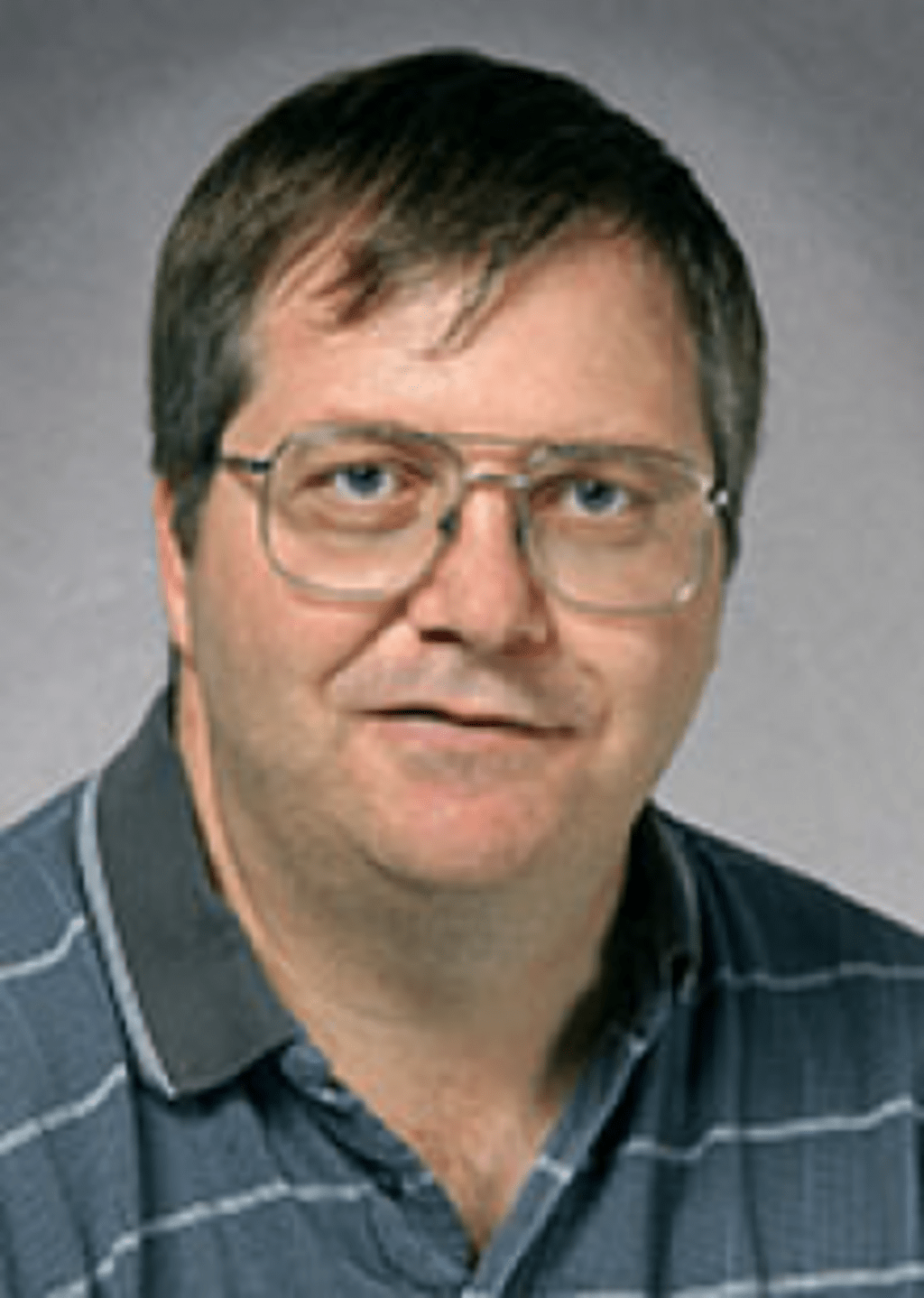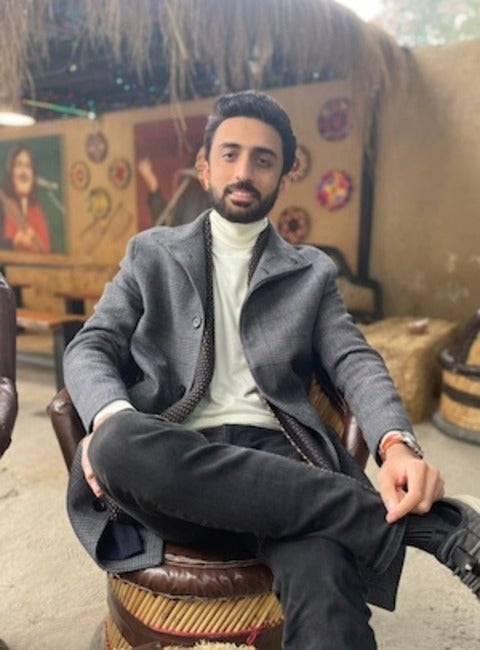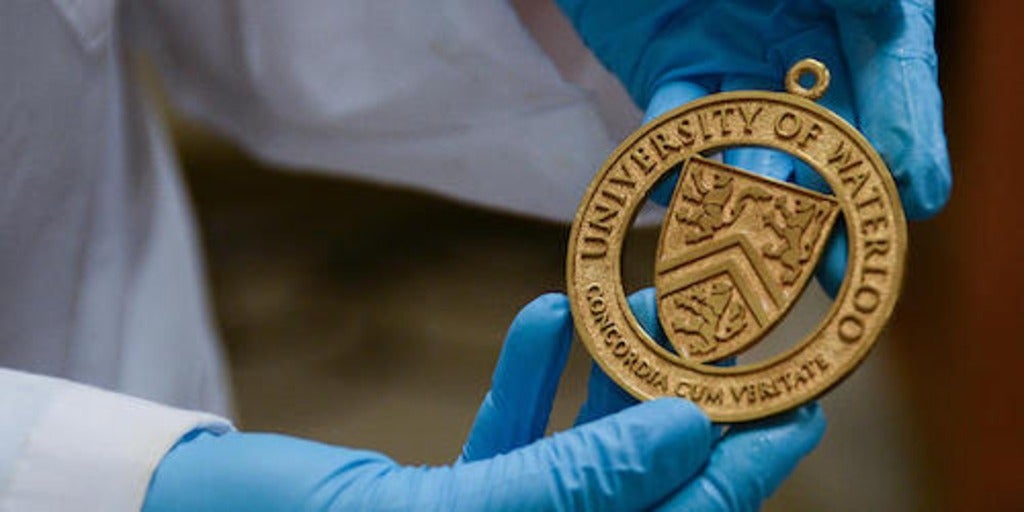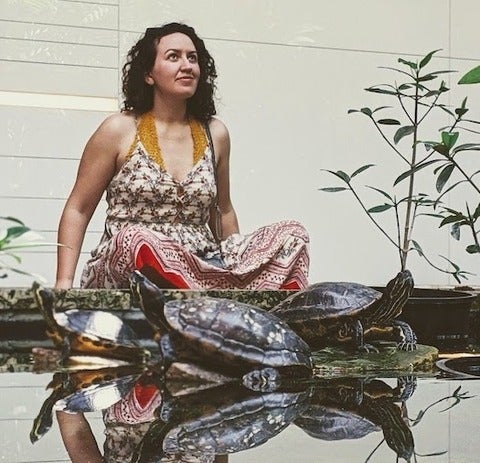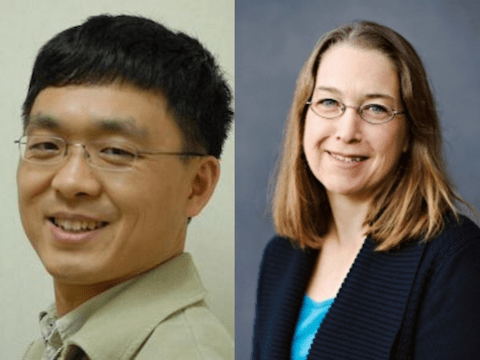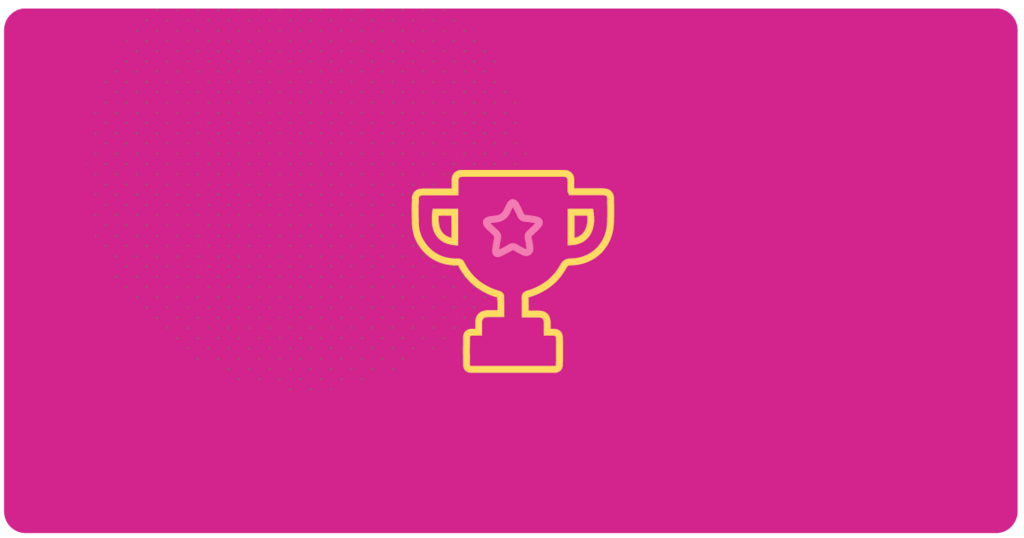Brian E. Forrest named Fellow of the Canadian Mathematical Society
Brian E. Forrest, professor of Pure Mathematics, has been named a Fellow of the Canadian Mathematical Society (CMS). The fellowship is awarded for outstanding contributions in research, teaching and learning and service in fulfillment of CMS mandates and goals.
"It's an honour and something I'm pretty proud of," says Forrest. "This is a wonderful way to stay connected to the Canadian Mathematical Society, a group that's been a valuable part of my career."
